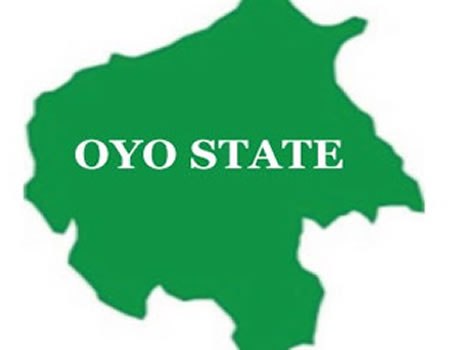Oyo State Government through the Ministry of Agriculture and Rural Development has stated its plan to key into the cashless policy of the Central Bank of Nigeria and Federal government to foster financial security in the state.
The State Commissioner for Agriculture and Rural Development, Hon. Ojemuyiwa Ojekunle stated that the cashless policy as proposed by the federal government was a welcome development which he believed would enhance financial security in the State and protect individuals against dangers associated with movement of physical cash for the purpose of financial transactions.
At an official opening of a two day training on Cashless economy in Nigeria and volunteerism in Rural Finance Institution of Nigeria (RUFIN) which was held in Ibadan, the Honorable Commissioner for Agriculture and Rural Development who was represented by the Acting Permanent Secretary of the Ministry, Dr. Peter Adegunwa emphasized the need for physical cash security in the state and the country at large as the state government continued to push forward on its drive to revolutionize Oyo state economy through agriculture.
He noted that the determination of governor Makinde, through the Ministry of Agriculture to re-position the State into a commercial hub in Africa involved transactions in physical cash in large volume within the economy which he said would not be financially healthy, considering the security situations in the country.
“Oyo State government has keyed into the cashless policy of the Federal Government through the Central Bank because of its benefit in reducing to barest minimum, the risk of hauling large volume of physical cash in a country that is suffering from high level of insecurity.
“It is even more important for us in the State to make the cashless policy our watchword because of the State’s special interest in using agriculture our route to financial freedom, where the State will be injecting enormous funding and creating mass employment for the teeming youths population,” he noted.
Mr. Ogundare Emmanuel Olusola who was the State’s Rural Finance Institution Building (RUFIN) program coordinator stated that the training was laudable and timely because the could could not afford to lag behind in the face of information technology-induced economic advancement in the world.
He stated that the feedback from field reports over the years indicated that the era of individual borrowing was over, stressing that group borrowings to finance potentially viable businesses has become the norm among micro-finance operators, noting that RUFIN was more concerned about growth and sustainability of businesses than just providing access for financial instruments through lending houses.













